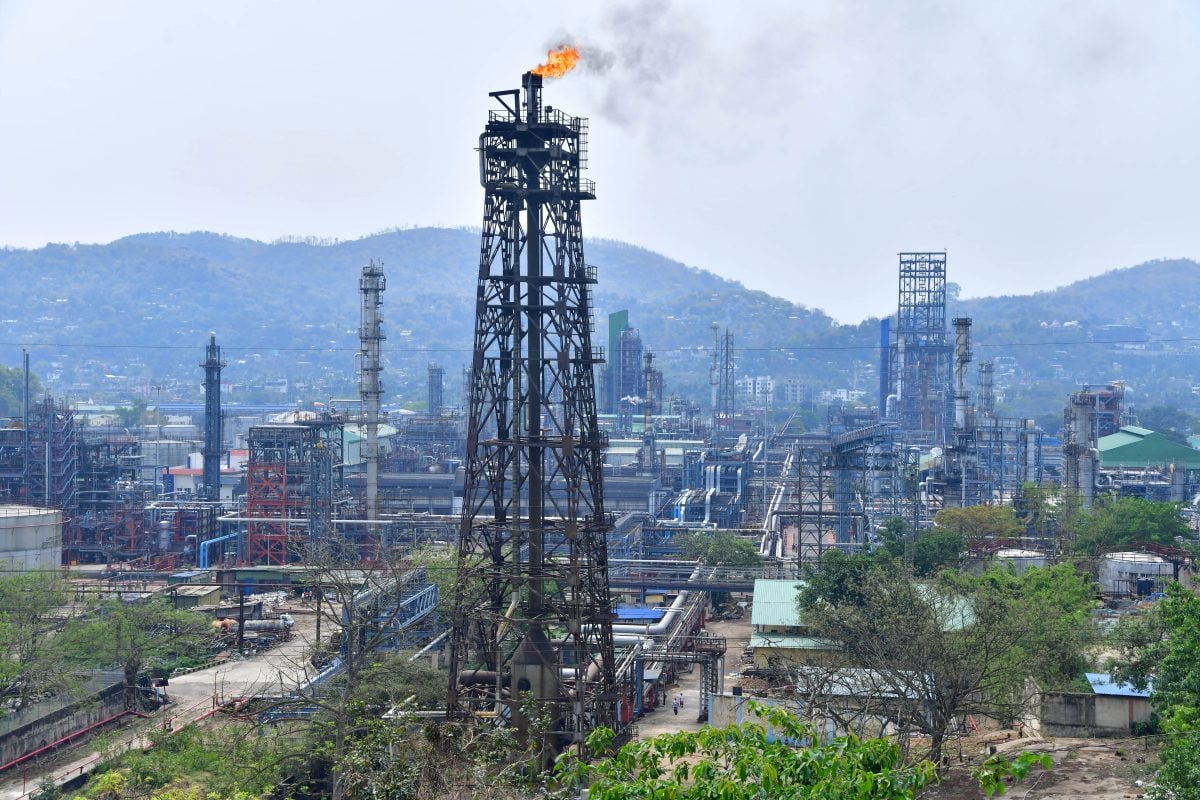Over the course of September, several oil refineries in India are expected to take deliveries of crude oil produced in Nigeria. This followed a series of deals in the spot market around the end of July.
The state-owned Indian Oil Corporation purchased one million barrels of oil from the Agbami field to be delivered by oil trader Trafigura. Meanwhile the Bharat Petroleum Corporation, which is also state-owned, has made similar purchases from both Nigeria and Angola.
West African producers have not historically exported significant volumes to India, focusing instead on supplying domestic markets along with customers in North America or Europe.
The shipments are potentially significant, given that India is under intense pressure from the Trump administration to cut back on its oil purchases from Russia. If Nigeria can cement its position as an alternative supplier to India, the rewards for the West African country’s oil industry are potentially significant. India is both the world’s largest country by population and the market with the largest growth in demand for oil.
Yet, in practice, experts are cautious that India’s recent imports from Nigeria are really a game changer.
Firstly, there is a question of whether Indian importers will really give in to US pressure to end imports of Russian oil.
“Much is left to be seen,” says Janiv Shah, vice president for oil commodity markets at consulting firm Rystad Energy. He notes that the seemingly warm diplomatic embrace involving Indian, Chinese and Russian leaders in recent days could lead to deals that “reshape some global flows”.
India scaled up its imports of Russian oil in 2022, after the Putin regime offered discounted prices to the country in an effort to soften the blow of EU sanctions on Moscow. Over the past three years, the country has been the second largest importer of Russian crude after China, according to data from the non-profit Centre for Research on Energy and Clean Air.
As Donald Trump seeks to pressure Russia into agreeing a peace deal in Ukraine, the US president has turned his ire on India in recent weeks. His threats to impose secondary sanctions and higher tariffs on countries that import oil from Russia appears to have been a factor in the late July deals between Indian refiners and Nigerian producers.
Trump followed through with a 50% tariff on Indian imports into the United States that took effect on 27 August. India’s Prime Minister Narendra Modi has, however, made clear that he will not bow to US pressure to end Russian imports. While the situation was uncertain at the end of July, it now looks less likely that Indian importers will face any restrictions from their own government in taking deliveries from Russia.
“Indian refiners resumed purchases [from Russia] shortly after the higher tariff rates were announced,” says Shah.
Spare capacity lacking
The other problem is that there is limited space for Nigeria to ramp-up production quickly, even if demand from India for non-Russian crude does materialise.
“The opportunity does exist, although it might be limited considering the current and forecast production volumes,” says Shah.
The huge Dangote refinery – which is now operating at full capacity – can absorb much of Nigeria’s domestic production, thereby reducing scope for exports, although Dangote is also relying on US imports for much of its crude supply.
The distance between Nigeria and India is another constraint, adding to shipping costs. “I think some oil will get there as the oil production levels increase,” says Agwu Ojowu, advisor at consultancy Africa Practice. “But would it be that significant, considering the growing refining capacity in Nigeria, and would refined products get into India? Not so much.”
Ojowu notes that Nigerian oil production has significantly increased in recent years, since sinking to a nadir of less than one million barrels per day in 2022. Monthly crude production this year has hovered around 1.5m barrels per day, which – officially – is the maximum limit that Nigeria can produce under its OPEC quotes.
In practice, Nigeria may have leeway to ignore its OPEC quotas, or even follow Angola’s lead in withdrawing from the cartel. Indeed, President Bola Tinubu has set a goal of 3m barrels per day by 2030, far exceeding its current OPEC quota.
Still, it is difficult for Nigeria to compete with the likes of Russia and Saudi Arabia to supply a relatively distant market such as India, given the “much higher” costs of production in the country, says Ojowu.
Want to continue reading? Subscribe today.
You've read all your free articles for this month! Subscribe now to enjoy full access to our content.
Digital Monthly
£8.00 / month
Receive full unlimited access to our articles, opinions, podcasts and more.
Digital Yearly
£70.00 / year
Our best value offer - save £26 and gain access to all of our digital content for an entire year!

 Sign in with Google
Sign in with Google 



